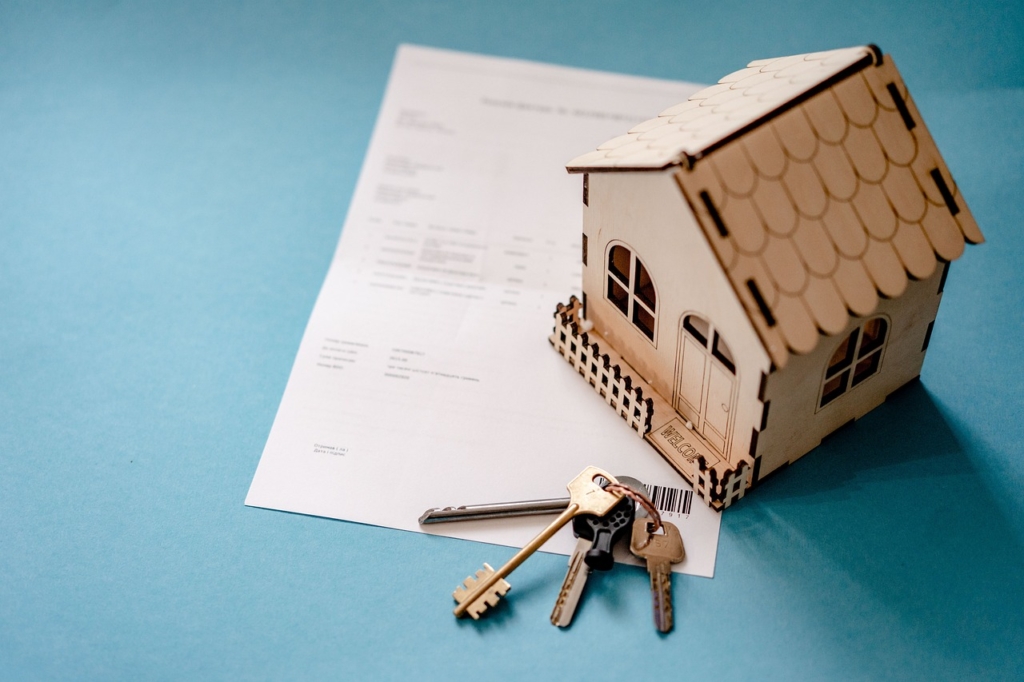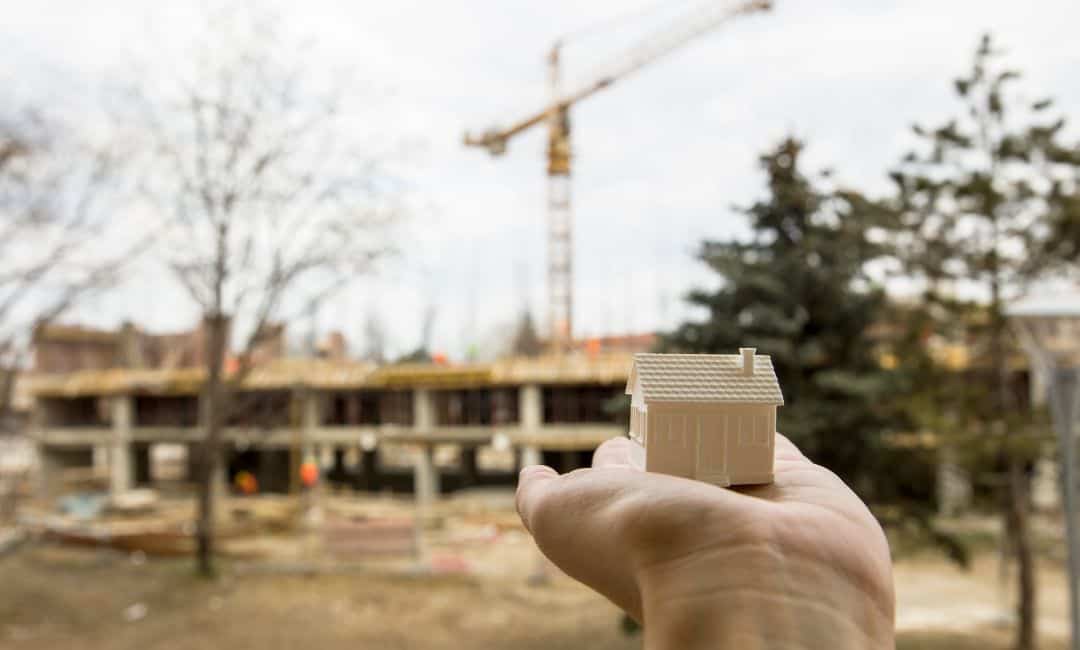The Importance of Due Diligence When Closing on Pre Construction Property

Investing in pre construction property can offer exciting opportunities for potential first time buyers, with the prospect of purchasing a property before it is even built.
However, with this unique investment strategy comes inherent risks and challenges that must be carefully navigated.
One of the most important factors in successfully closing on pre construction property is conducting thorough due diligence.
Let’s explore the importance of due diligence in pre construction property transactions and highlight key areas that require careful examination.
By understanding the significance of due diligence and taking necessary precautions, buyers can mitigate risks and make informed decisions when investing in pre construction properties.
Overview of Pre Construction Property
Imagine this: you see a brochure showing the most luxurious pre construction property you’ve ever seen. With shiny images of stunning interiors, state-of-the-art comforts, and promises of amazing returns on investment, you are already mentally redecorating your future penthouse.
But before you get carried away with dreams of consuming champagne on your expensive rooftop terrace, it is essential to take a step back and evaluate the importance of due diligence when closing on pre construction property.
Understanding Pre Construction Property Investments

Pre-construction property, also known as off-plan property, refers to buildings or homes that are yet to be constructed but are available for purchase.
Buyers have the opportunity to secure a property at a fixed price before construction is complete, often with the expectation of capital appreciation once it is built. It’s like buying a ticket to a highly anticipated concert before the artist even releases an album – you’re betting on a great show.
Why Due Diligence Matters?
1. Financial Security
- Risk Assessment: Due diligence helps assess the financial stability of the developer. Investigating their track record, financial health, and previous projects can provide insights into their ability to deliver on promises.
- Cost Projections: Understanding all costs associated with the pre-construction purchase, including taxes, closing costs, and potential increases, is vital. This prevents unexpected financial burdens down the line.
2. Legal Safeguards
- Title Search: A thorough title search ensures the property has a clear title without encumbrances or legal issues. This helps prevent legal disputes and protects your ownership rights.
- Reviewing Contracts: Scrutinizing the purchase agreement, warranty terms, and any other legal documents is crucial. A legal professional can help identify potential pitfalls and protect your interests.
3. Project Viability
- Builder Reputation: Researching the reputation of the builder is fundamental. Customer reviews, past projects, and any reported issues can shed light on the reliability and quality of the developer’s work.
- Project Approval Status: Confirming that the project has received all essential approvals from local authorities is crucial. This ensures that the development complies with zoning regulations and environmental standards.
4. Construction Quality
- Inspections: Engaging professionals for property inspections during and after construction is essential. This helps identify any construction defects or deviations from the agreed-upon specifications.
- Material and Design Review: Understanding the quality of materials used and the adherence to design specifications is vital for long-term satisfaction and resale value.
5. Timeline and Delays
- Project Timeline: Clarifying the expected timeline for completion is crucial. Delays are common in construction, but a realistic timeline and contractual penalties for delays can protect your investment.
- Researching Past Projects: Investigating whether the developer has a history of meeting project deadlines can provide insights into their ability to adhere to timelines.
What Will The Final Product Look Like?
In the realm of real estate, due diligence is the cornerstone of a successful investment, and this is especially true when closing on pre-construction property.
The multifaceted nature of such investments demands a comprehensive approach that covers financial, legal, construction, and market aspects.
The potential benefits of pre-construction property like customization and lower initial costs, should not overshadow the need for a thorough investigation.
Engaging professionals, including real estate lawyers, inspectors, and financial advisors, can provide invaluable expertise during the due diligence process.
Will Reviewing the Purchase Agreement and Contract Terms?
Before signing on the dotted line, make sure you carefully review the purchase agreement and contract terms.
Pay attention to important details like the purchase price, payment schedule, and any contingencies. Have a lawyer go through the legal language and explain any clauses you’re unsure about.
You don’t want to find yourself bound by unfavorable terms or obligations you didn’t fully understand.







